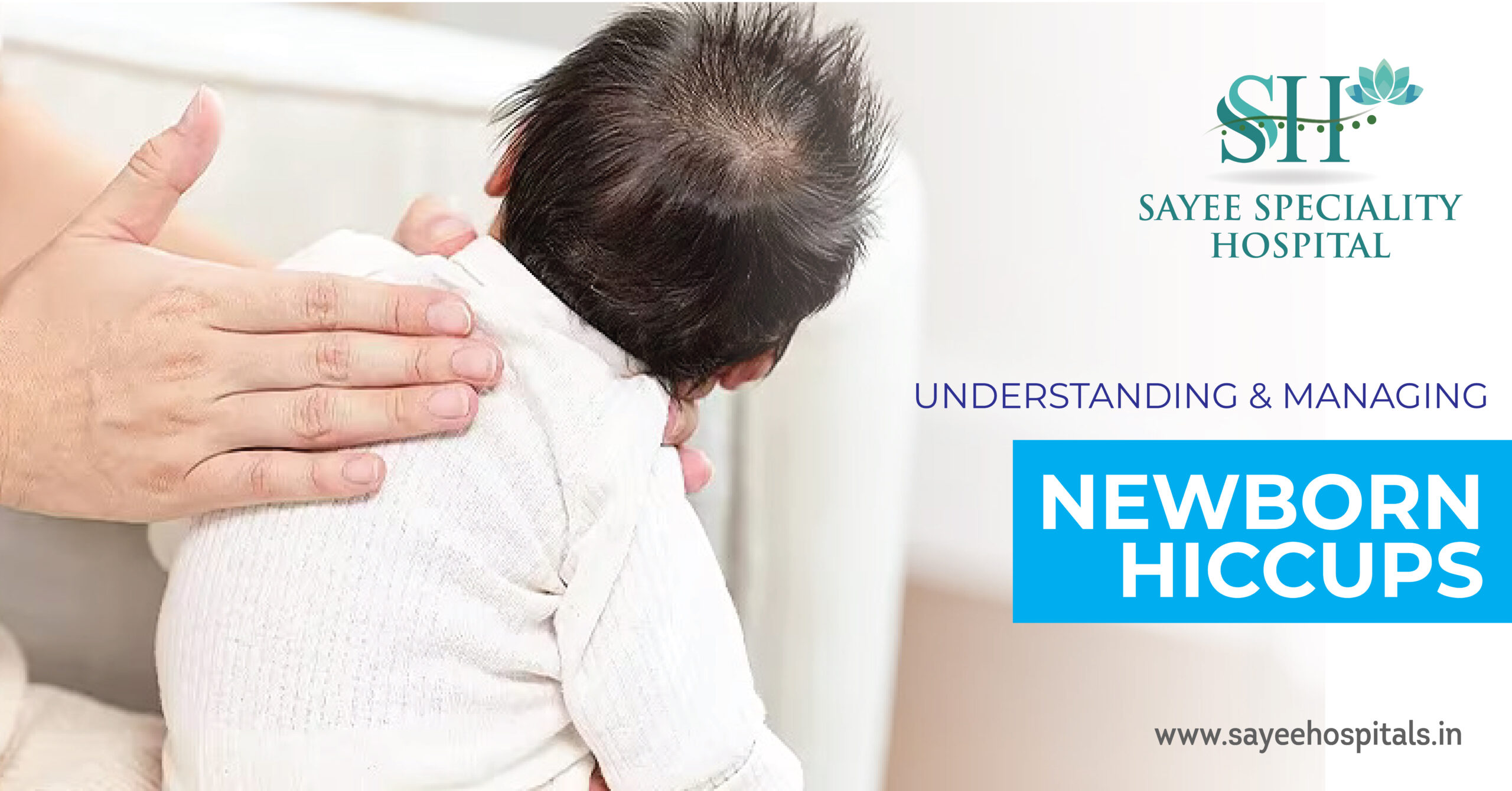Newborn hiccups are a common occurrence, particularly in babies under 12 months, and are generally not a cause for concern. While the reason behind these hiccups isn’t entirely understood, research suggests that they may actually play a role in promoting brain development and respiratory functions.
Hiccups in newborns happen due to spasms in the diaphragm, the muscle that aids in breathing. These spasms cause the vocal cords to close suddenly, producing the familiar “hic” sound. While there are many causes, certain feeding behaviors can trigger these spasms. Overfeeding, eating too quickly, or swallowing air while feeding are common culprits. These actions cause the baby’s tummy to expand, pressing against the diaphragm, leading to hiccups.
Although hiccups often do not bother babies, frequent occurrences may be linked to underlying conditions like gastroesophageal reflux disease (GERD). GERD occurs when partially digested food and stomach acid flow back into the food pipe, which can irritate the diaphragm and trigger hiccups. Parents should look out for other symptoms of GERD, such as coughing, spitting up, crying during feeds, or arching the back.
If your baby experiences hiccups, there are several ways to help them. First, allow the hiccups to run their course, as most episodes are brief and harmless, lasting only 5-10 minutes. If your baby seems uncomfortable or the hiccups persist, consider burping your baby more frequently during feeds. Burping helps release trapped air from the stomach, which can reduce diaphragm spasms.
Massaging or gently rubbing your baby’s back in circular motions can also help relax the diaphragm and relieve hiccups. There are some practices that should be avoided, such as startling your baby, making them jump, or using extreme methods like holding them upside down. These can cause distress and are unlikely to stop the hiccups.
To minimize hiccups, feed your baby calmly and try smaller, more frequent meals. After feeding, keep your baby upright for about 20-30 minutes to aid digestion and reduce hiccups. If hiccups become excessive or are accompanied by other distressing symptoms, it’s important to seek medical advice.
In most cases, newborn hiccups are harmless and part of the normal developmental process. However, being mindful of potential underlying causes and seeking advice when needed can help ensure your baby’s comfort and health.
